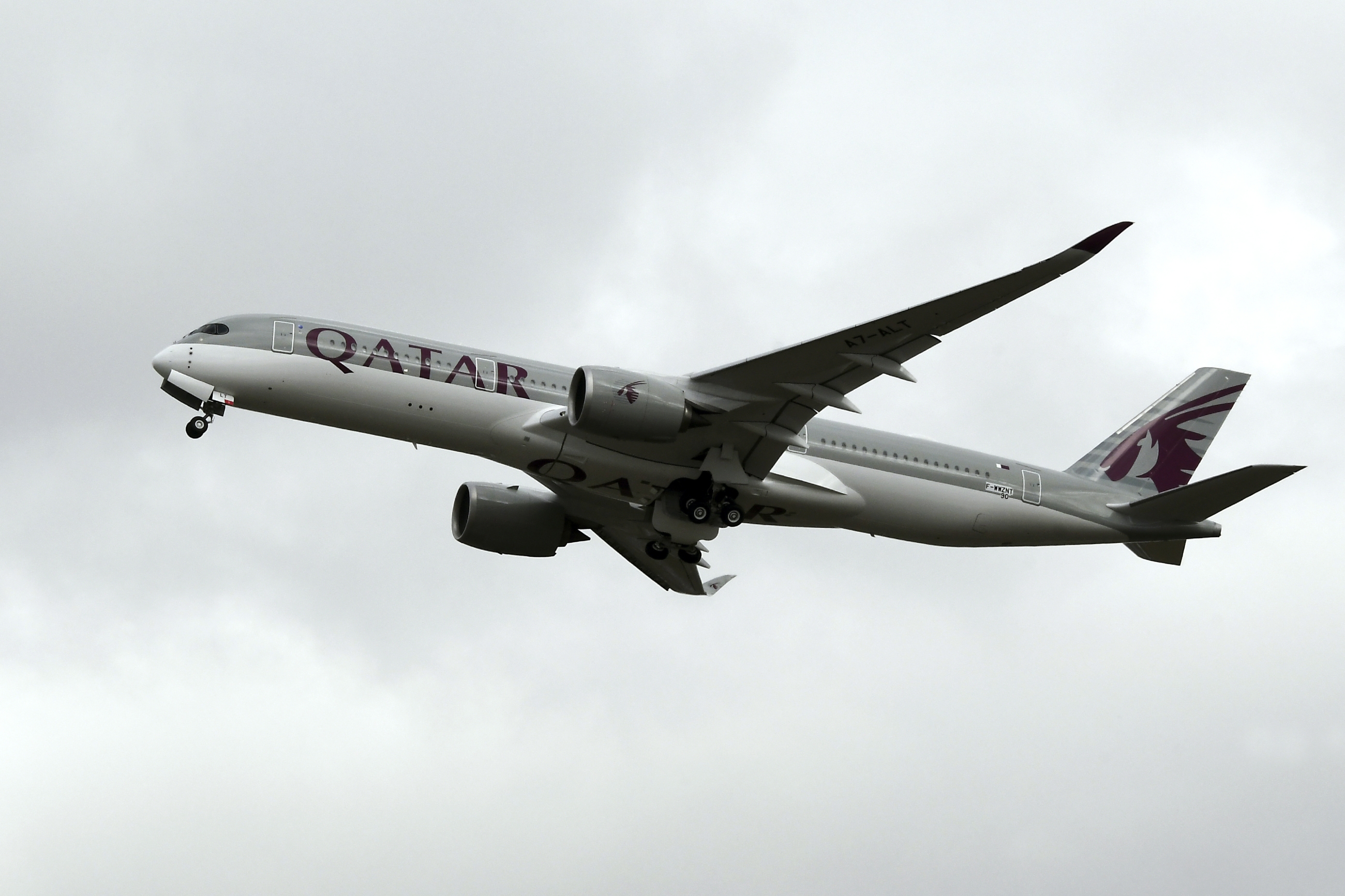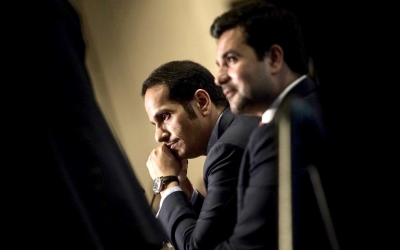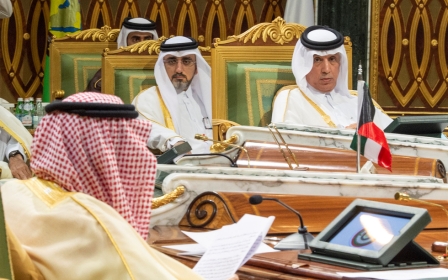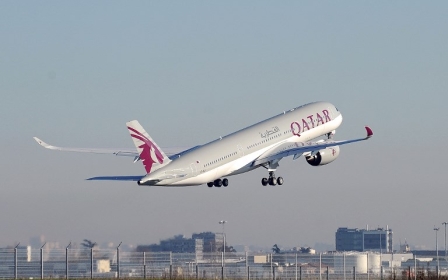Qatar Airways posts $639m quarterly loss amid Gulf dispute

Qatar Airways, Doha's flagship airline, hit a wave of turbulence in the first quarter of 2019, posting a net loss of $639m for the first three months of the year.
During the same period last year, Qatar Airways reported a loss of only $69m. The current loss comes even though the airline had a 14 percent increase in revenue at $13.2bn.
The airline blamed the loss on the Gulf blockade, which restricted the carrier's access to the important market of four Arab countries from which it had previously received a large portion of its revenue.
"While it is disappointing that (Qatar Airways Group) has registered a net loss of 2.3 billion Qatari riyals ($639m) - attributable to the loss of mature routes, higher fuel costs and foreign exchange fluctuations - the underlying fundamentals of our business remain extremely robust," the airline said in a statement obtained by AFP.
The United Arab Emirates, Saudi Arabia, Bahrain and Egypt initiated a boycott of Qatar in June 2017, cutting off diplomatic and economic ties with the Gulf nation, accusing it of having ties with extremist groups and being too close to Iran, accusations that Qatar denies.
New MEE newsletter: Jerusalem Dispatch
Sign up to get the latest insights and analysis on Israel-Palestine, alongside Turkey Unpacked and other MEE newsletters
The ensuing boycott led to the countries closing off their borders, markets and respective airspaces to Doha.
One of the most striking effects of the boycott was Saudi Arabia's decision to close its border with Qatar, the only land border the small Gulf emirate has.
At the time, Qatar said the effects were more devastating than the Berlin Wall.
Still, despite the fallout the carrier was able to post some growth, adding 31 new destinations "since the start of the illegal blockade", while making use of a fleet of new and previously used aircrafts.
"The airline's fleet grew by 25 aircraft to a point where it welcomed its 250th aircraft in March 2019," said the statement.
Middle East Eye delivers independent and unrivalled coverage and analysis of the Middle East, North Africa and beyond. To learn more about republishing this content and the associated fees, please fill out this form. More about MEE can be found here.





